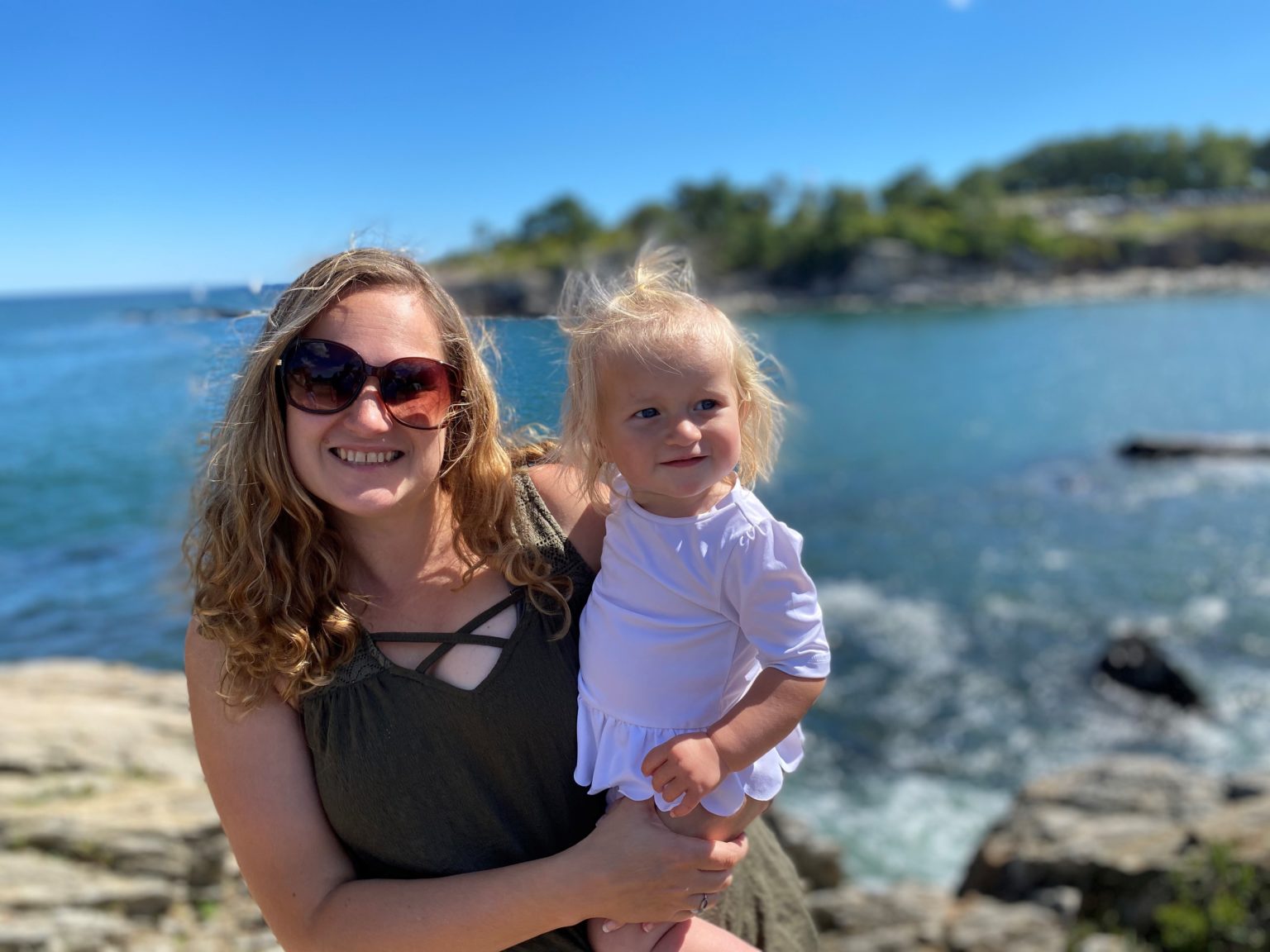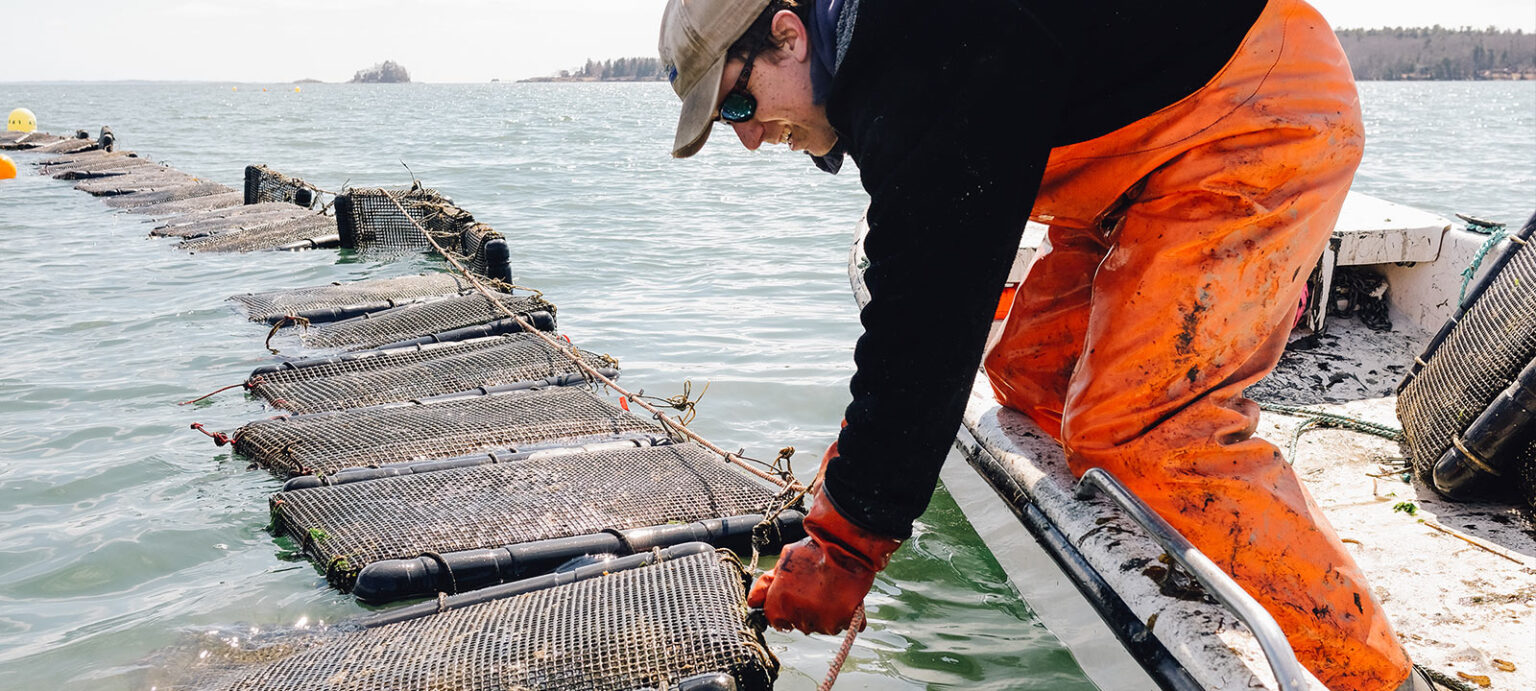January 12, 2017
Goranson Farm: Tapping Renewable Energy to Boost Maple Syrup Production
Goranson Farm has just made a big commitment towards their sustainable energy needs by tapping the power of the sun for gains in maple syrup production.
The third generation organic farm located in Dresden, Maine, is owned and operated by Jan Goranson and Rob Johanson, and their two sons Carl and Goran. The farm sells its vegetables, meats, poultry and maple syrup through local stores, farmers markets and its own Community supported agriculture (CSA) program.
The farm produces about 400 gallons of maple syrup a year. The sap is currently heated and boiled down by means of simple evaporation using firewood. “It takes 40 gallons of sap to make one gallon of syrup and that’s a lot of boiling,” says Rob Johanson. In addition to installing a photovoltaic solar array, the farm is purchasing a reverse osmosis (RO) machine, which should reduce the farm’s current fire wood usage of 16 cords to about 6. “This machine will save us a lot of time, as well as money and energy.”
The solar array consists of four dual axis solar trackers. Each tracker is rigged with 24 solar panels and one DC to AC inverter. The American-made AllEarth Trackers track the sun throughout the day to maximize energy production. The trackers, manufactured in Williston,Vt. by AllEarth Renewables, are designed for residential and commercial-scale installations and can produce up to 45% more energy than a conventional solar installation.
The new solar array is anticipated to produce 47,000 Kwh’s a year off -setting the two utility meters at the farm almost 100%.
“We love working with farmers because we share a mutual and reliable partner,” says Kim Bleakly of All Earth Renewables. “They use the sun to grow their crops and we produce a product that makes electricity from the sun. As far as I’m concerned, that’s a match made in heaven.”
The solar project was designed and installed by Maine Energy Performance Solution (MEPS) of Washington Maine. Funding for the approximately $150,000 project, was helped with two grants from USDA and financing through Coastal Enterprise Inc. (CEI).
“We have been wanting to do this project for a number of years and Rich and his team at MEPS were really able to pull the pieces together to make it happen,” says Rob Johanson. “A lot of people buy organically grown foods because they like the idea of food being raised without the use of chemicals. For us, organic is a lot more than that. It’s really a way of life and honoring the trust our customers place in us. To be an organic farmer means to grow foods working with the land and the environment in a sustainable way for future generations and this project is an extension of that.”



